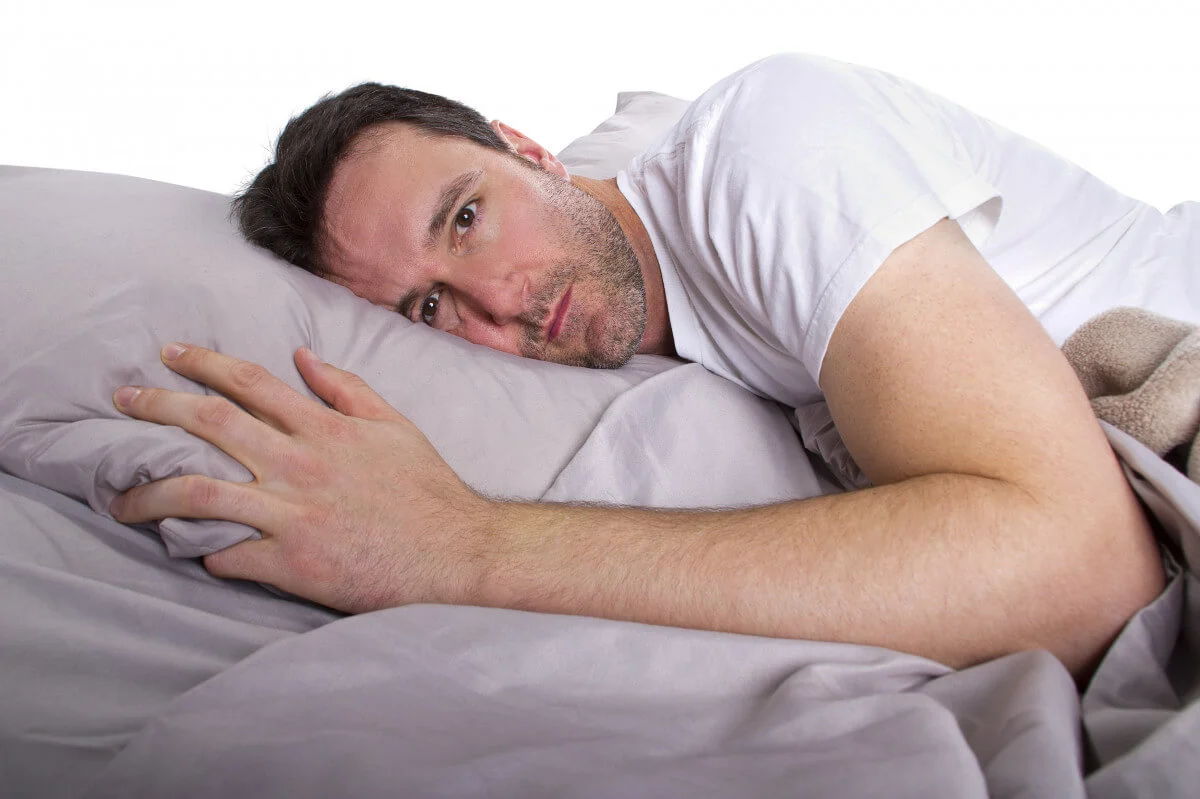
Obstructive Sleep Apnea: Symptoms and Causes | sleep apnea treatment in Denver CO
If you have ever experienced problems while sleeping, such as frequent loud snoring, gasping for air, waking up often at night, and lower attention or concentration during the day, you might be presenting Sleep Apnea symptoms. If you are looking for sleep apnea treatment in Denver CO, we can help you.
This blog will help you identify them and their causes. In the end, you will also find the contact information of an excellent Center in Denver that specializes in treating sleeping disorders.
Types of Sleep Apnea
There are three types of sleep apnea:
- Obstructive Sleep Apnea (OSA): It happens when there is a physical obstruction in the airway at the back of the throat.
- Central Sleep Apnea (CSA): It happens when there is a problem with the brain’s ability to control the muscles involved in respiration, and
- Mixed Sleep Apnea: This happens when a person has both OSA and CSA.
These three types have important differences in symptoms and causes and different treatments to follow—this blog’s information centers around Obstructive Sleep Apnea (OSA).
What is Obstructive Sleep Apnea?
Obstructive sleep apnea is a common sleep disorder that causes repeated and extended pauses in breathing during sleep, which results in a lack of rest and exhaustion during the day
People with obstructive sleep apnea are often unaware they have it because they tend to disregard the symptoms as a minor inconvenience. However, it is essential to recognize the signs of this disorder as it can be potentially life-threatening if left unchecked.
The most telling characteristics of sleep apnea are pauses in breathing or instances of shallow breaths during sleep. These pauses can last from ten seconds to several minutes and may occur 30 times or more an hour.
What Are the Symptoms of Obstructive Sleep Apnea?
Common symptoms include:
- Excessive fatigue while awake
- Dry mouth or headaches as you wake up
- Decreased libido
- Waking up often during the night
- Frequent loud snoring
- Poor sleep quality
- Increased feelings of anxiety and depression
Risk Factors
As with other disorders, sleep apnea can be more severe in people with certain risk factors:
- Age: Sleep apnea happen at any age and to anyone, although it is more common in men than women in younger adults.
- Unhealthy habits: Drinking alcohol, smoking, and unhealthy eating habits or obesity can increase the risk for sleep apnea.
- Genetics: family history can be a factor for sleep apnea, but keeping a healthy lifestyle can reduce this risk.
If you have a history of other disorders, such as asthma, cancer(s), metabolic disorders, among others, it is crucial that you seek treatment, given that sleep apnea can increase complications with them.
Causes of Obstructive Sleep Apnea
This disorder can be caused by someone’s physiology or pre-existing medical conditions. These include:
- Obesity
- Large tonsils
- Hormone disorders
- Neuromuscular conditions
- Heart of kidney failure
- Genetic syndrome
- Premature birth
One might also experience symptoms if they have nasal congestion resulting from allergies or issues like enlarged tonsils blocking passageways. Pregnant women may develop sleep disorders because of pressure on the nerves around the neck area caused by the growing uterus.
Sleep Apnea Treatment in Denver, CO | Center for Headache, TMJ, & Sleep Disorders
Currently, sleep apnea is considered a disorder that medical professionals must diagnose to give the best treatment possible for each unique case.
If you present signs of sleep apnea and live in the Denver, CO area, book an appointment at the Center for Headache, TMJ, & Sleep Disorders. The Director, Dr. Steven J. Wilk, is among the most highly trained TMJ dentists in the country
